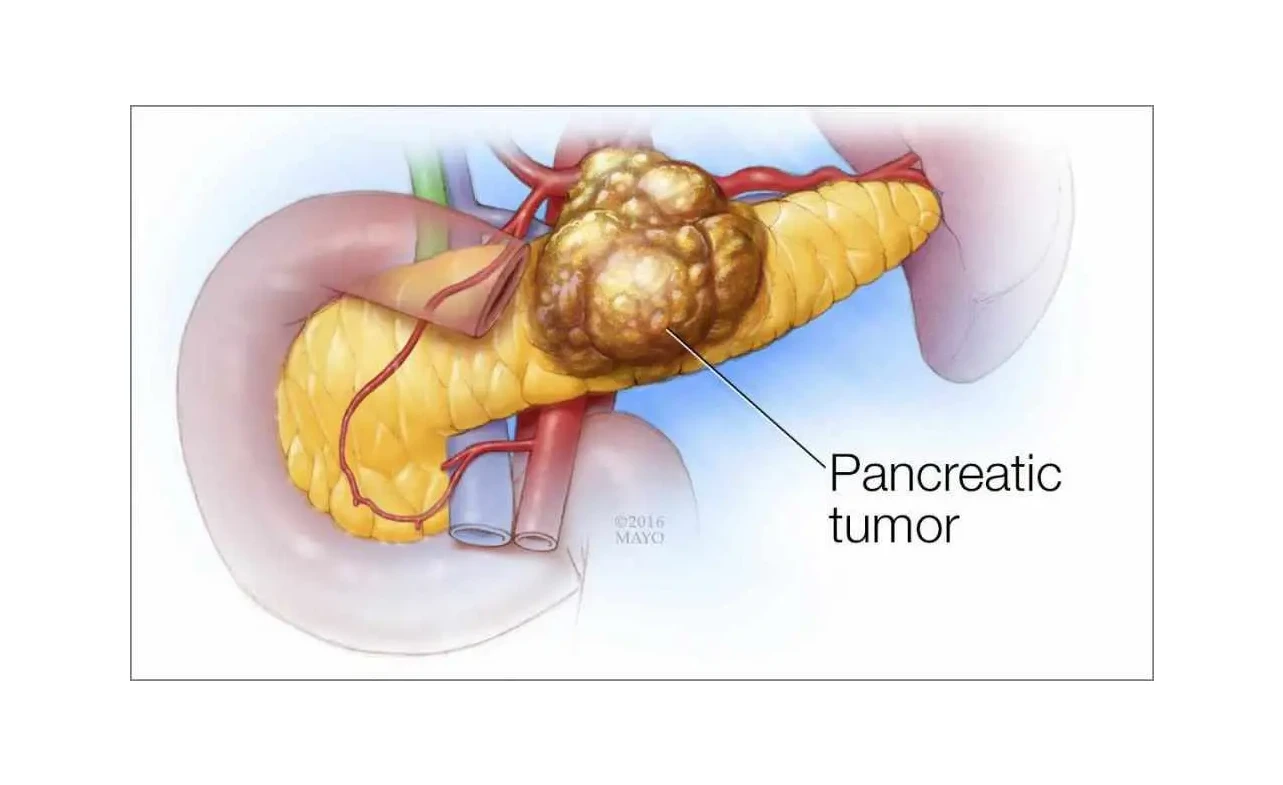Pancreatic cancer is often called a “silent killer” because its symptoms are subtle and easily overlooked. By the time most people notice something is wrong, the disease has often progressed to an advanced stage. But what if you could recognize the early signs? What if you knew what to look for? In this article, I’ll share my personal story of how I knew I had pancreatic cancer, the symptoms that led me to seek medical help, and the lessons I learned along the way. My hope is that by sharing my experience, I can help others recognize the warning signs and take action sooner.
When I first started feeling unwell, I brushed it off as stress or a minor stomach issue. Like many people, I didn’t think much of it—until the symptoms became impossible to ignore. Looking back, there were subtle clues that something was wrong, but I didn’t connect the dots until much later. Pancreatic cancer is rare, but it’s also one of the deadliest forms of cancer. Early detection is critical, yet it’s often missed because the symptoms are vague and easily mistaken for other conditions. So, how did I know something was seriously wrong? Let me take you through my journey.
Understanding Pancreatic Cancer: What You Need to Know
Before diving into my story, it’s important to understand what pancreatic cancer is and why it’s so dangerous. The pancreas is a small organ located behind the stomach, and it plays a crucial role in digestion and blood sugar regulation. Pancreatic cancer occurs when abnormal cells grow uncontrollably in the pancreas, forming a tumor. Unfortunately, this type of cancer is often diagnosed late because the pancreas is deep inside the body, making early tumors hard to detect.
Key Statistics About Pancreatic Cancer
| Statistic | Detail |
|---|---|
| Survival Rate | Only about 11% of patients survive 5 years after diagnosis |
| Common Age Group | Most cases occur in people aged 65 and older |
| Risk Factors | Smoking, obesity, family history, and chronic pancreatitis |
The Early Signs I Ignored
In the beginning, my symptoms were mild and easy to dismiss. I felt fatigued all the time, but who doesn’t these days? I also noticed a dull ache in my upper abdomen that seemed to come and go. At first, I thought it was indigestion or stress-related. But over time, the pain became more persistent, and I started losing weight without trying. I didn’t think much of it—after all, weight loss can be a good thing, right? Wrong.
Symptoms I Experienced
- Unexplained Weight Loss: I lost nearly 10 pounds in a month without changing my diet or exercise routine.
- Jaundice: My skin and eyes started to turn yellow, a condition known as jaundice.
- Digestive Issues: I had frequent nausea, especially after eating fatty foods.
- Dark Urine and Pale Stools: These were signs that my liver wasn’t functioning properly.
The Turning Point: When I Knew Something Was Wrong
The moment I knew something was seriously wrong was when the jaundice became noticeable. My friends and family started commenting on my yellow skin, and I realized this wasn’t normal. I also began experiencing intense back pain that radiated from my abdomen. At this point, I knew I couldn’t ignore the symptoms any longer. I made an appointment with my doctor, who ordered a series of tests, including blood work, imaging scans, and a biopsy.
Tests That Confirmed My Diagnosis
- CT Scan: This imaging test revealed a tumor in my pancreas.
- Blood Tests: Elevated levels of certain markers, like CA 19-9, indicated cancer.
- Biopsy: A tissue sample confirmed the presence of cancerous cells.
Why Early Detection Matters
One of the biggest challenges with pancreatic cancer is that it’s often diagnosed at an advanced stage. By the time symptoms become noticeable, the cancer may have already spread to other organs. This is why early detection is so critical. If caught early, treatment options like surgery, chemotherapy, and radiation can be more effective.
Risk Factors for Pancreatic Cancer
- Smoking: Smokers are twice as likely to develop pancreatic cancer.
- Family History: A family history of pancreatic cancer increases your risk.
- Obesity: Being overweight or obese can raise your risk.
- Chronic Pancreatitis: Long-term inflammation of the pancreas is a risk factor.
My Advice: Listen to Your Body
If there’s one thing I’ve learned from this experience, it’s to listen to your body. Don’t ignore persistent symptoms, even if they seem minor. Trust your instincts and seek medical advice if something feels off. Early detection can make all the difference.
What to Do If You Notice Symptoms
- Keep a Symptom Diary: Track your symptoms and share them with your doctor.
- Advocate for Yourself: If you feel something is wrong, don’t be afraid to push for further testing.
- Get Regular Check-Ups: Routine medical exams can help catch issues early.
Conclusion: Don’t Wait Until It’s Too Late
Pancreatic cancer is a devastating disease, but knowing the warning signs can save lives. My journey taught me the importance of paying attention to my body and seeking medical help when something feels wrong. If you or someone you love is experiencing symptoms like unexplained weight loss, jaundice, or persistent abdominal pain, don’t wait.
Early detection is your best defense against this silent killer. By sharing my story, I hope to raise awareness and encourage others to take their health seriously. Remember, your body often knows when something is wrong—listen to it.
